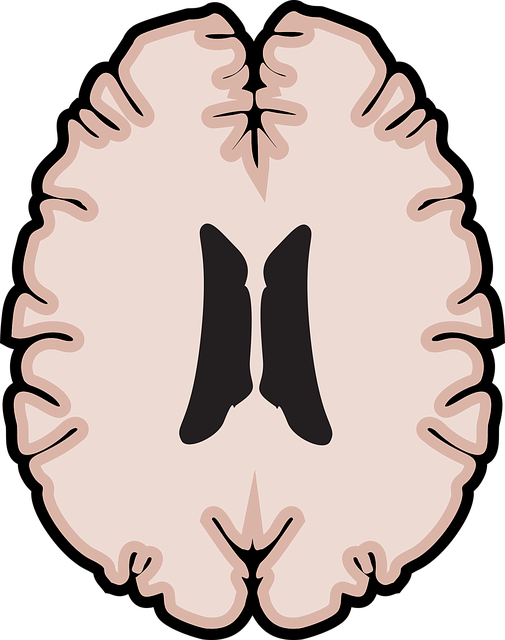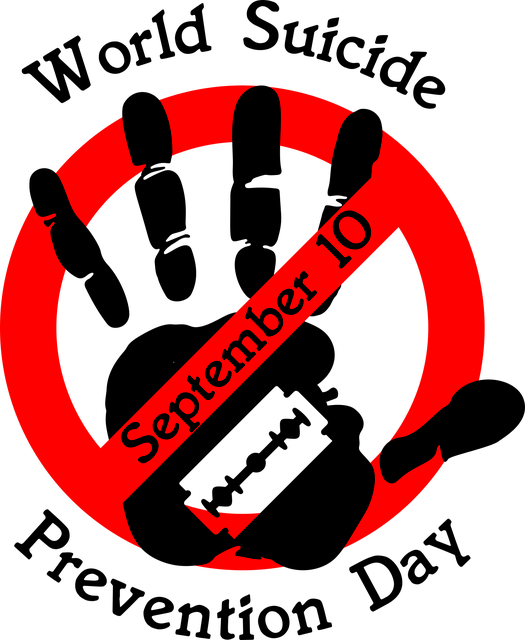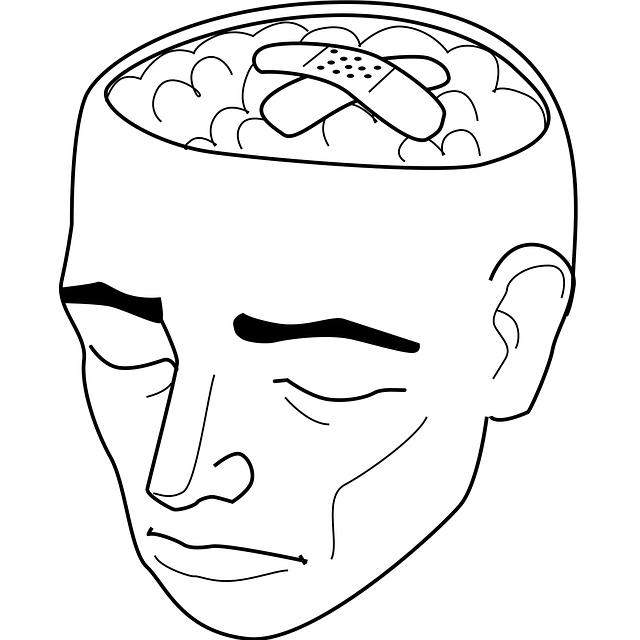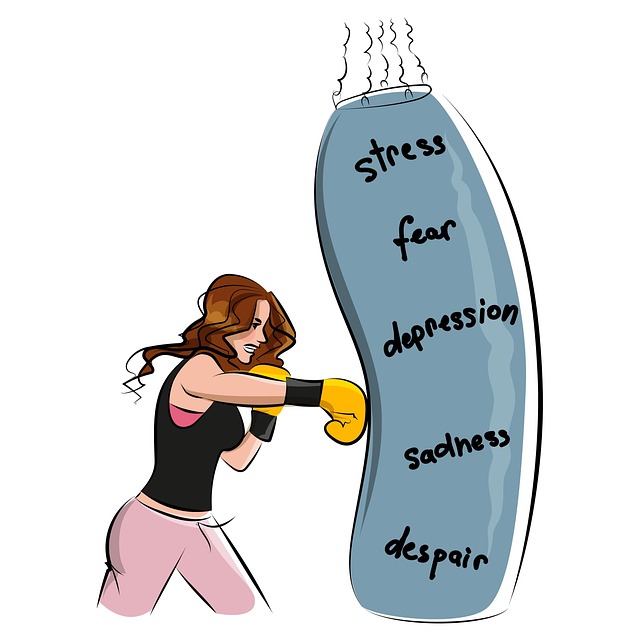Mental health advocacy in Colorado Springs prioritizes education, early intervention, and destigmatization through programs like Colorado Springs Anger Management Therapy. Public awareness campaigns, social skills training, and positive thinking workshops are key strategies to reduce stigma and empower individuals with coping mechanisms. Community engagement through podcasts, workshops, and seminars fosters a supportive network for mental wellness. Robust evaluation measures success, allowing advocates to refine programs based on feedback, creating a healthier and more resilient community.
Mental health advocacy plays a vital role in fostering inclusive communities. This article delves into the significance of such initiatives, using Colorado Springs Anger Management Therapy as a case study to demonstrate their impact. We explore effective strategies for advocacy, emphasizing community engagement and education. Additionally, we discuss measuring success through evaluation and continuous improvement, highlighting how these steps enhance overall mental health support systems, particularly in areas like Colorado Springs.
- Understanding the Importance of Mental Health Advocacy
- Colorado Springs Anger Management Therapy: A Case Study
- Strategies for Effective Mental Health Advocacy Initiatives
- Building Community Support: Engagement and Education
- Measuring Success: Evaluating Impact and Continuous Improvement
Understanding the Importance of Mental Health Advocacy

In today’s fast-paced world, mental health advocacy is more crucial than ever. Initiatives aimed at raising awareness and promoting understanding play a vital role in fostering supportive communities. Mental Health Education Programs Design that target various demographics, including schools, workplaces, and community centers, are game changers in early intervention and prevention. By integrating these programs, we can instill knowledge about mental well-being, encourage open dialogue, and reduce the stigma associated with seeking help. For instance, Colorado Springs Anger Management Therapy has shown significant success in empowering individuals to manage their emotions effectively.
Moreover, Burnout Prevention Strategies for Healthcare Providers are essential components of holistic mental health advocacy. Healthcare professionals often bear the brunt of stress and exhaustion, which can negatively impact patient care. Implementing strategies that promote work-life balance, self-care, and professional development not only benefits providers but also ensures better patient outcomes. Incorporating confidence-boosting techniques within these initiatives can further enhance resilience and empower individuals to take charge of their mental health.
Colorado Springs Anger Management Therapy: A Case Study

In Colorado Springs, a pioneering approach to mental health advocacy has emerged through innovative Anger Management Therapy programs. This initiative focuses on empowering individuals to manage and overcome anger-related issues, offering a holistic perspective on mental wellness. The therapy integrates various techniques tailored to the unique needs of each client, ensuring effective treatment. By addressing underlying causes, the program not only helps participants gain control over their emotions but also equips them with skills to prevent burnout, a prevalent concern among healthcare providers.
This case study highlights the importance of specialized mental health education programs designed to cater to specific demographics and issues. Colorado Springs Anger Management Therapy serves as an example of how tailored interventions can significantly impact individual lives, fostering better mental health outcomes. Such initiatives contribute to creating a more comprehensive support network for those struggling with anger management, ultimately enhancing overall community mental wellness.
Strategies for Effective Mental Health Advocacy Initiatives

Mental health advocacy initiatives require a multi-faceted approach to be truly effective. One key strategy is to develop and implement robust Public Awareness Campaigns Development. These campaigns can help dispel myths about mental health, encourage open conversations, and reduce stigma. Utilizing various media platforms, such as social media, local events, and community partnerships, ensures that messages reach diverse audiences. Additionally, integrating personal stories of recovery and resilience can be powerful in connecting with individuals who may be facing similar challenges.
Another proven method is offering Social Skills Training and Positive Thinking workshops. These programs equip individuals with coping mechanisms and tools to manage stress, anger, and other emotional challenges. For instance, Colorado Springs Anger Management Therapy provides structured sessions focused on identifying triggers, developing healthy communication skills, and promoting positive thinking patterns. By empowering individuals with these strategies, advocacy initiatives can foster better mental well-being within communities.
Building Community Support: Engagement and Education

In Colorado Springs, building community support for mental health advocacy involves engaging and educating residents on various initiatives. One effective strategy is the production of a Mental Wellness Podcast Series that covers topics like stress management, social skills training, and anger management therapy. By making this content accessible, the podcast fosters open conversations about mental wellness, reducing stigma and promoting understanding. It provides practical tips and insights that community members can apply to improve their own mental health and support those around them.
Additionally, local organizations often host workshops and seminars focused on these themes. Engaging in such events encourages active participation and creates a network of individuals committed to enhancing the mental wellness of Colorado Springs residents. This collective effort not only raises awareness but also ensures that effective practices, like anger management therapy, are readily available to those in need, fostering a healthier and more supportive community overall.
Measuring Success: Evaluating Impact and Continuous Improvement

Measuring success is a vital component of any mental health advocacy initiative. To assess the impact of programs like Colorado Springs Anger Management Therapy, it’s essential to implement robust evaluation methods. These could include pre- and post-program surveys to gauge improvements in emotional well-being promotion techniques among participants. By comparing responses, therapists can identify areas where certain strategies, such as stress management or empathy building, prove most effective.
Continuous improvement is a key outcome of this process. Feedback from evaluations allows advocates to refine their programs, ensuring they remain tailored to the evolving needs of the community. This iterative approach not only enhances the effectiveness of mental health advocacy initiatives but also fosters a more supportive and resilient environment for those seeking help with anger management or other challenges.
Mental health advocacy initiatives, such as the case study on Colorado Springs Anger Management Therapy, demonstrate the significant impact of community engagement and education. By employing strategies for effective advocacy and continuously measuring success, we can foster environments that prioritize mental well-being. Building strong community support is key to creating sustainable change, ensuring that resources like anger management therapy in Colorado Springs remain accessible and impactful. Through these efforts, we move towards a healthier, more resilient society.














